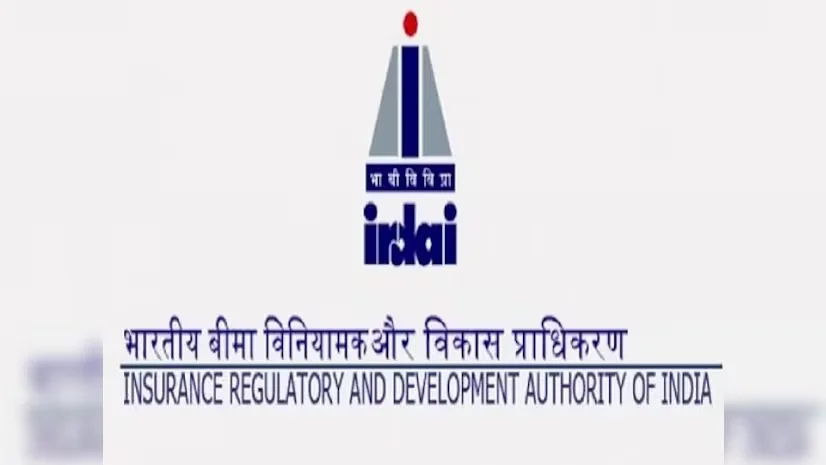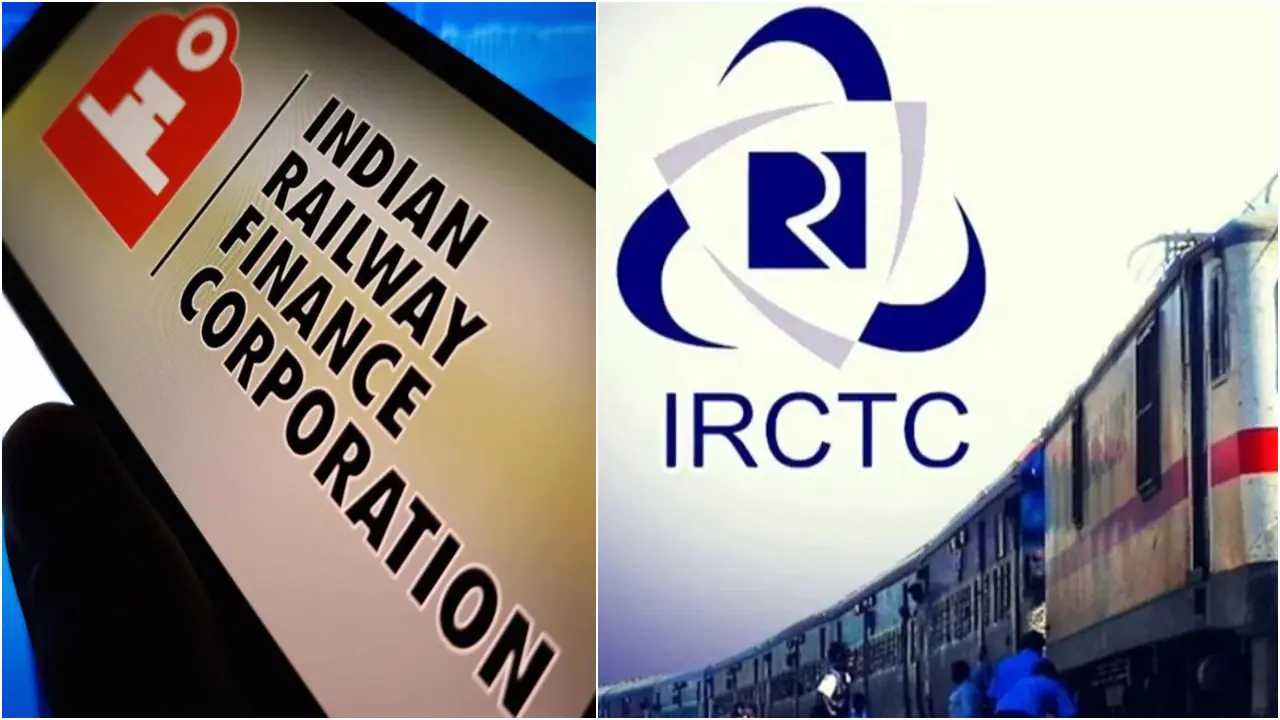- Courses
- GS Full Course 1 Year
- GS Full Course 2 Year
- GS Full Course 3 Year
- GS Full Course Till Selection
- CSAT
- 5 LAYERED ARJUNA Mentorship
- Public Administration Optional
- Online Program
- GS Recorded Course
- NCERT Batch
- Polity Module Course
- Geography Module Course
- Economy Module Course
- AMAC Module Course
- Modern India, Post Independence & World History Module Course
- Environment Module Course
- Governance Module Course
- Science & Tech. Module Course
- International Relations and Internal Security Module Course
- Disaster Management Module Course
- Ethics Module Course
- Essay Module Course
- Current Affairs Module Course
- ABOUT US
- OUR TOPPERS
- TEST SERIES
- FREE STUDY MATERIAL
- VIDEOS
- CONTACT US
IRDAI Liberalizes Reinsurance: First Private License Granted to Valueattics
IRDAI Liberalizes Reinsurance: First Private License Granted to Valueattics
26-04-2025

- Valueattics Re has received IRDAI’s approval to commence reinsurance operations in India.
- It is the first private sector reinsurer to be granted a license in India.
- Until now, the only reinsurer operating in India was the state-owned General Insurance Corporation of India .
- GIC Re held a monopoly in the Indian reinsurance sector.
- Reinsurers provide insurance to insurers (i.e., a second layer of risk protection).
- They help manage large-scale or catastrophic risks, aiding the stability of the insurance market.
Reinsurance Meaning and Purpose
- In reinsurance one insurance company transfers part of its risk to another.
- This helps the original insurer reduce risk and retain capital.
- The extent of risk shared is defined in the agreement.
- Reinsurance can be understood as a financial contract.
- It is an agreement between two insurance companies.
- The reinsurer takes part or full risk under insurance policies.
- The reinsurer is paid a premium by the insurance company.
- Reinsurance works similarly to insurance policies for individuals.
- The reinsurer’s liability arises only as per the contract.
- The liability amount is fixed according to the policy terms.
- Reinsurance allows insurers to take on more business than their capacity.
- Reinsurers can also buy reinsurance, known as retrocession.
- Retrocession helps reinsurers reduce their own risk.
How Reinsurance Works
- Reinsurance allows insurers to pool risks from multiple policies.
- It spreads the risk and allows handling of large claims.
- Premiums paid by individuals are shared between insurers.
- Example: If an insurer covers 5000 people with ₹1 Cr each and faces a ₹2 Cr claim, reinsurance helps cover the ₹1 Cr excess.
- Reinsurance prevents financial distress for the insurer.
Types of Reinsurance
1. Reinsurance Treaty
- Covers all policies of an insurer for a fixed period.
- The reinsurer agrees to cover even policies not individually evaluated.
- This can be risky if the insurer doesn’t study policies carefully.
2. Facultative Reinsurance
- Chosen case-by-case for individual or specific high-risk policies.
- Allows negotiation of terms per policy.
- Reinsurer can decide whether to cover full or partial policy risk.
- Offers more control to reinsurer for risk assessment
Regulations in India
- Reinsurance in India is regulated by IRDAI.
- Companies must register with IRDAI to operate.
- Overseas reinsurance requires RBI approval.
Group Structure and Affiliation Rules
- Insurance Brokers and Corporate Agents Can't Be in the Same Group
- Insurance brokers are professionals or firms who help clients (policyholders) find suitable insurance products from different insurers.
- Corporate agents usually represent a single insurance company or a limited number of insurers.
- IRDAI prohibits them from being part of the same corporate group to avoid conflict of interest and ensure unbiased recommendations.
- Insurer and Broker Can Be in Same Group With Conditions
- If a group includes both an insurer and an insurance broker, it must satisfy specific conditions set by IRDAI to ensure transparency and prevent misuse of insider information or channel conflict.
- These conditions usually involve firewalls, separate management, and independent operations.
- TPAs (Third Party Administrators) and Insurers Can Be in the Same Group
- TPAs handle health insurance claims on behalf of insurers (e.g., processing hospital bills).
- There are no legal restrictions on TPAs being part of the same corporate group as insurers, though operational independence is generally encouraged.
- Common Directors Allowed
- Insurers, intermediaries (like brokers), and agents can have shared directors on their boards.
- This is allowed provided it doesn't violate corporate governance norms or influence arm’s-length decision-making.
- Web Aggregators and Telemarketers Cannot Be Associated Parties of Insurers
- Web aggregators are websites/apps that compare insurance products.
- Telemarketers promote and sell insurance via phone.
- IRDAI mandates that they must remain independent and not be affiliated with any insurer to ensure neutrality and fair competition
IRDAI Outsourcing Rule (2017 Regulation)
- Insurers and intermediaries cannot outsource core functions (like underwriting, claims settlement, etc.) to entities that are not registered or approved by IRDAI.
- This ensures quality control, data protection, and policyholder interest.
- The regulation promotes accountability by ensuring that only qualified and compliant entities handle sensitive insurance functions.
With more players now entering the reinsurance space, Indian insurers will have greater flexibility in managing large-scale and catastrophic risks. It also enhances financial resilience, promotes global best practices, and aligns with India’s broader goal of deepening its insurance market.
|
Also Read |
|
| Public Administration Optional | |
| UPSC Monthly Magazine | Question Answer Practice For UPSC |




